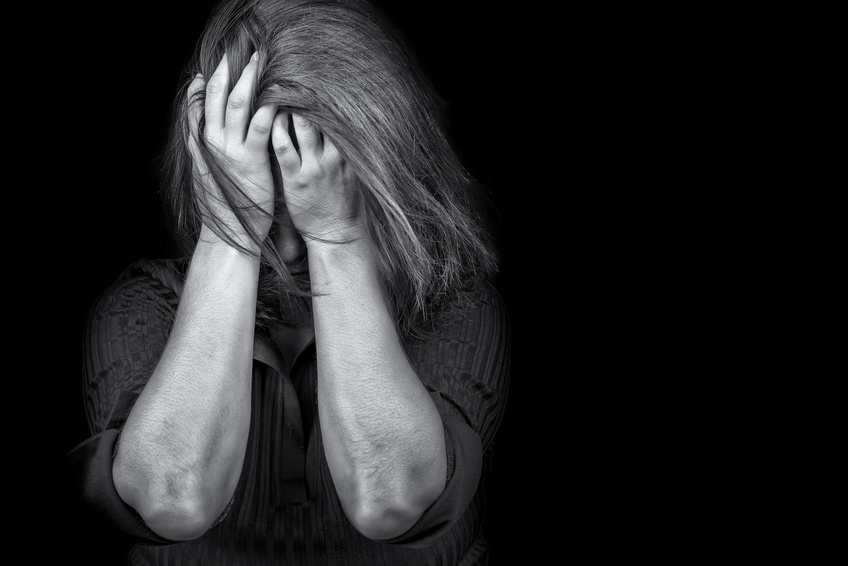What is the nature of anxiety and fear? What is the difference? Are they normal human reactions that are helpful or horrible reactions that get in the way?
Well, these two concepts are very closely tied to one another (in fact, anxiety is a fear response), but they refer to two distinct and different things. All human beings are born with the ability to experience fear and anxiety. They are natural and normal human emotions. Of course, if you suffer from clinical anxiety, there’s a high likelihood that you feel your anxiety and fear response may be out of proportion to the general public. That said, it’s important to remember that having anxiety is not out of the ordinary. In fact, both fear and anxiety serve a purpose in our lives.
So, what is fear?
Fear is rooted in the present moment. It is an intensely felt, immediate response. It comes on very quickly and is often a reaction to a real or perceived threat in your immediate environment. However, fear can also arise as an alarm response to something happening within you, such as physical sensations, thoughts, and images. The key is that fear is based on what is happening in the present moment.
Fear is a necessary survival response – it can help keep us alive when our safety may be at risk. When fear comes on it is likely that you will experience physiological changes that are aimed at warning you of the danger, as well as preparing you to help keep you safe. You may become breathless, have increased heartbeat, feel nauseous, dizzy. Your body may also kick into overdrive, with a heightened sense of energy from adrenaline and a heightened sense of awareness – preparing you for the possible worst.
So, what is anxiety?
Well, anxiety, by contrast, is a future-oriented mood state. It is characterized by a fear response that arises around something that has not yet occurred. Maybe it’s a job interview, a social event, or the perception that an anxiety response (like a panic attack) might happen again.
Oftentimes, when someone experiences anxiety, it shows up with a sense of foreboding,worry and apprehension. It might also be characterized by physiological changes such as muscle tension and feeling keyed up. Anxiety is fueled by what your mind tells you rather than an actual source of danger.
Anxiety sucks! However, keep in mind that you need the capacity to have anxiety because it serves a purpose in your life by helping you prepare for and get things done.
Telling the difference
Below are some examples of fear and anxiety to help illustrate the above points:
| Fear | Anxiety |
| Being mugged | Worrying about the possibility of being mugged |
| Being in a car accident | Fear of driving because you may be in an accident |
| Having a sudden panic attack | Worrying that you might have another panic attack |
| Seeing a bear in the woods | Worrying that there might be a bear in the woods |
How fear and anxiety are normal human reactions
Both fear and anxiety are healthy, normal, human reactions that help to keep us out of trouble. Fear helps to keep us safe in the present moment. By contrast, anxiety helps us to prepare for upcoming stressors and may motivate us to take steps to plan for the future.
If they’re normal and healthy then why is anxiety a problem?
The problem comes when someone’s anxiety and worry actually gets in the way of them leading the life they want to live. This could happen when someone continues worrying past the point that it is helpful or begins avoiding certain areas of their life that are important to them. When this happens it can be very helpful to consider looking for a therapist who specializes in evidence-based therapies for anxiety, as research has been conclusive that psychotherapy for anxiety has the potential to be very helpful (beyond the point where medications can help).
